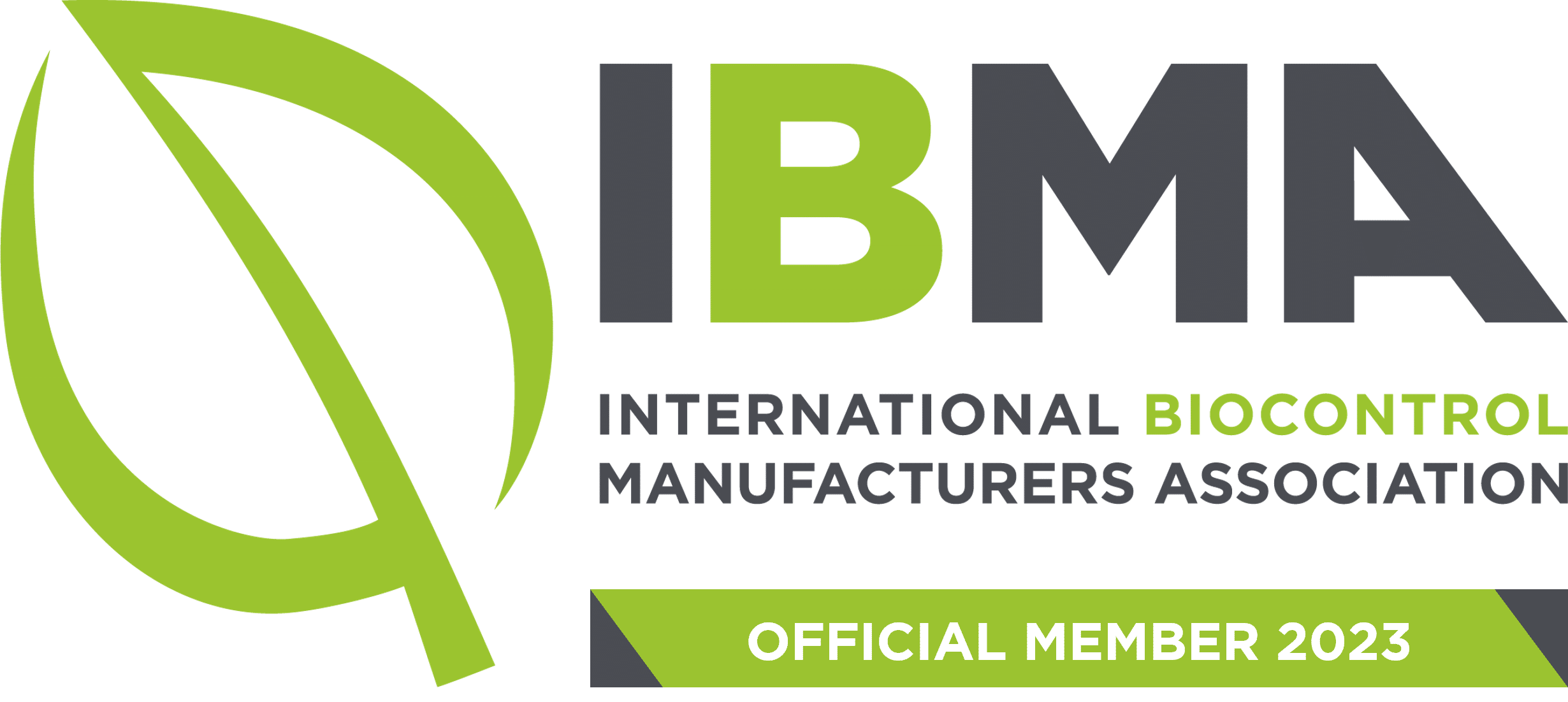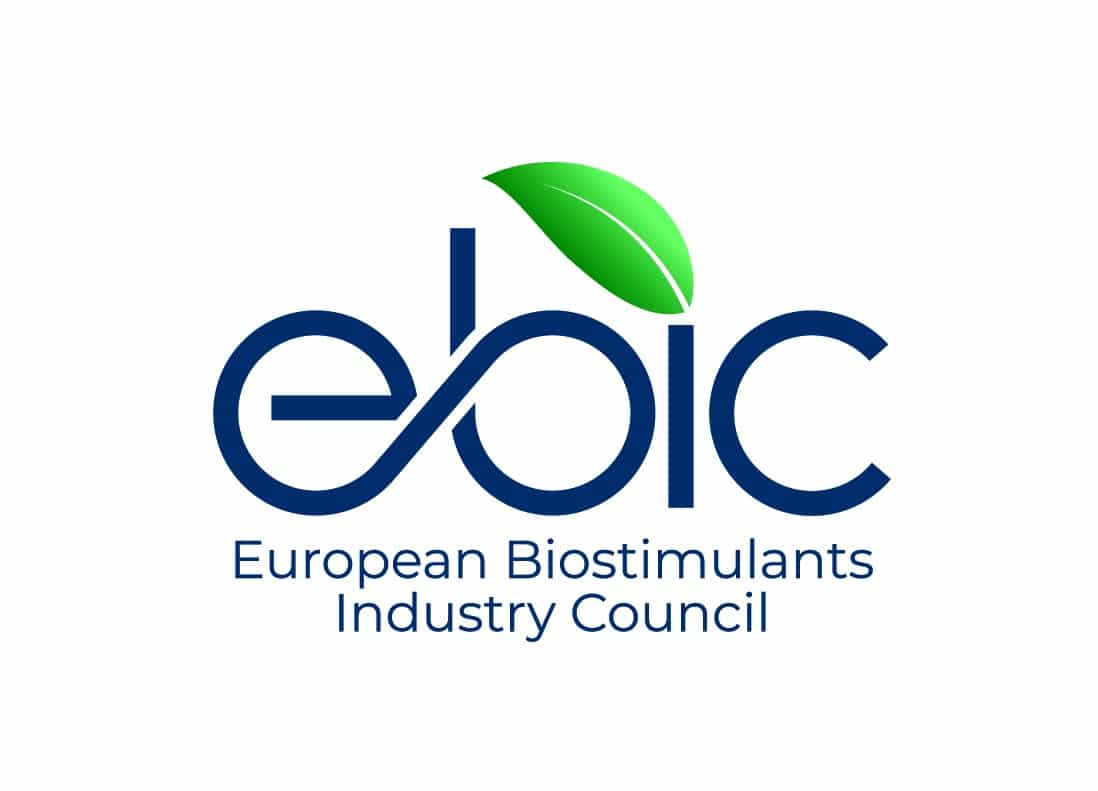Vibrant soil and biodiversity for farms today!
About the company
“Bioversio” was founded by biotechnology scientists Stanislav Balion and Arnoldas Jurys, who have specialized in biotechnology solutions and soil improvement for more than a decade. Since 2016, they have focused on the agricultural sector, with the aim of developing and manufacturing efficient products for more sustainable crop production.
The Bioversio team understands soil at a microscopic level and knows what it takes to maintain its viability and fertility for now and many years to come. Through more than 407 precision and field trials, it has been confirmed that the technology developed by Bioversio creates a dual lasting value – both increasing yields and improving the soil.
How we work
In some respect, we are exceptional – we develop our own technologies and products, perform testing and oversee the quality of products on a daily basis. We also maintain a direct dialogue with farmers and agronomists to discuss the results. Knowing the worries and problems of farmers, we constantly consider ideas for new biological products, conduct experiments in our laboratory, and perform trials and tests at the Institute of Agriculture of the Lithuanian Research Centre for Agriculture and Forestry.
We believe that in the future, more sustainable crop production will not be an enforced way of farming, but a routine one. At Bioversio, we focus on the development of new products and aim to introduce new, effective biological products in the near future that will allow farms to maintain fertility without having to worry about the consequences for soil biodiversity and the quality of food crops.
Sustainable farming
From a microbiological point of view, monoculture farming means that certain types of microorganisms begin to dominate the soil, while others are suppressed or killed. This reduces biodiversity: the soil loses useful nutrients, leaving not enough microorganisms to compete with pathogens, thus making plants less resistant to diseases. Disproportionate fertilisation and pesticide use also adversely affect the soil.
In our own Bioversio laboratory, we develop solutions that restore the soil’s vitality. More sustainable farming without sacrificing but by increasing yields is already possible today!





